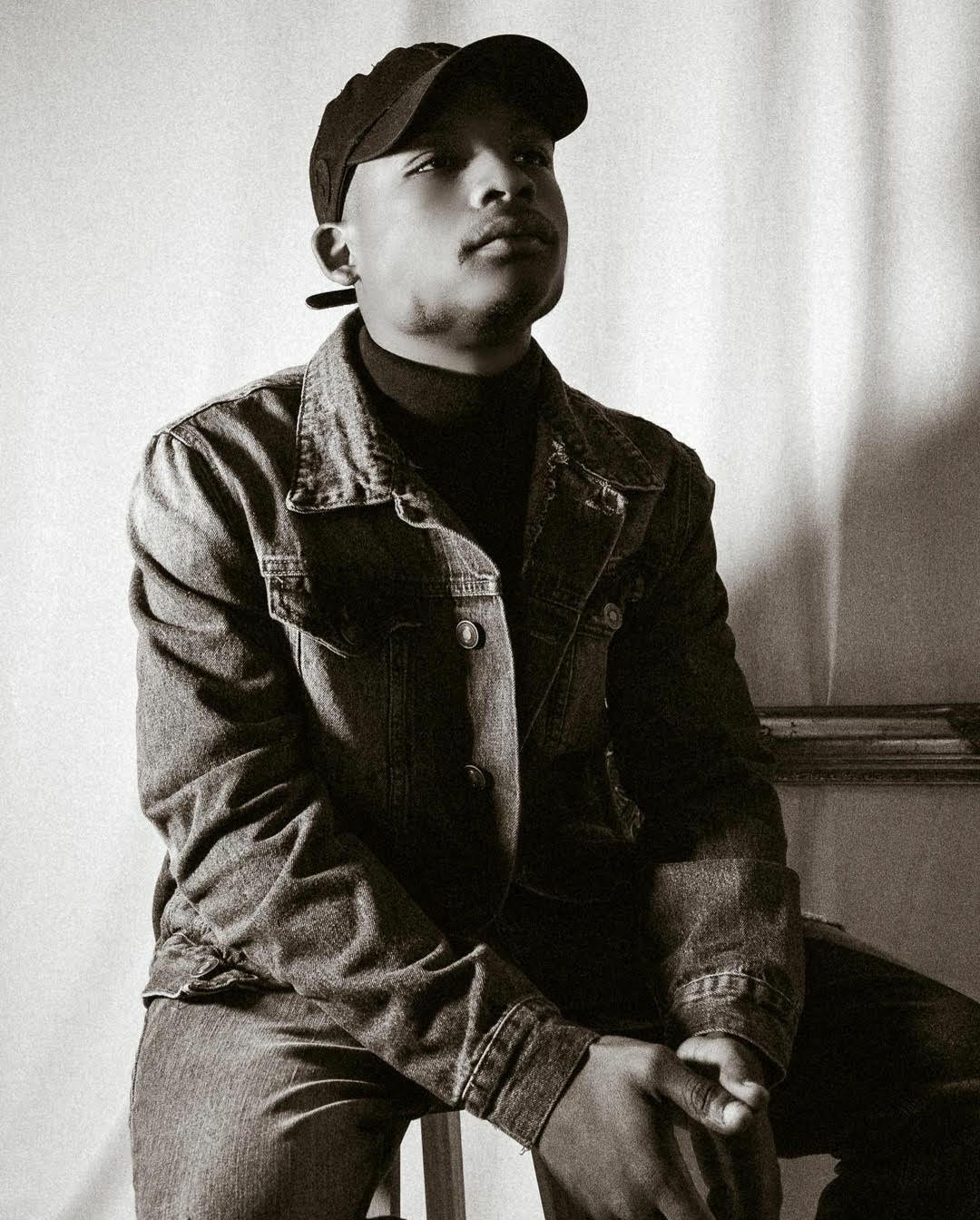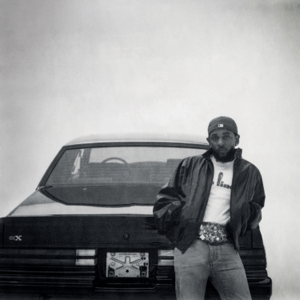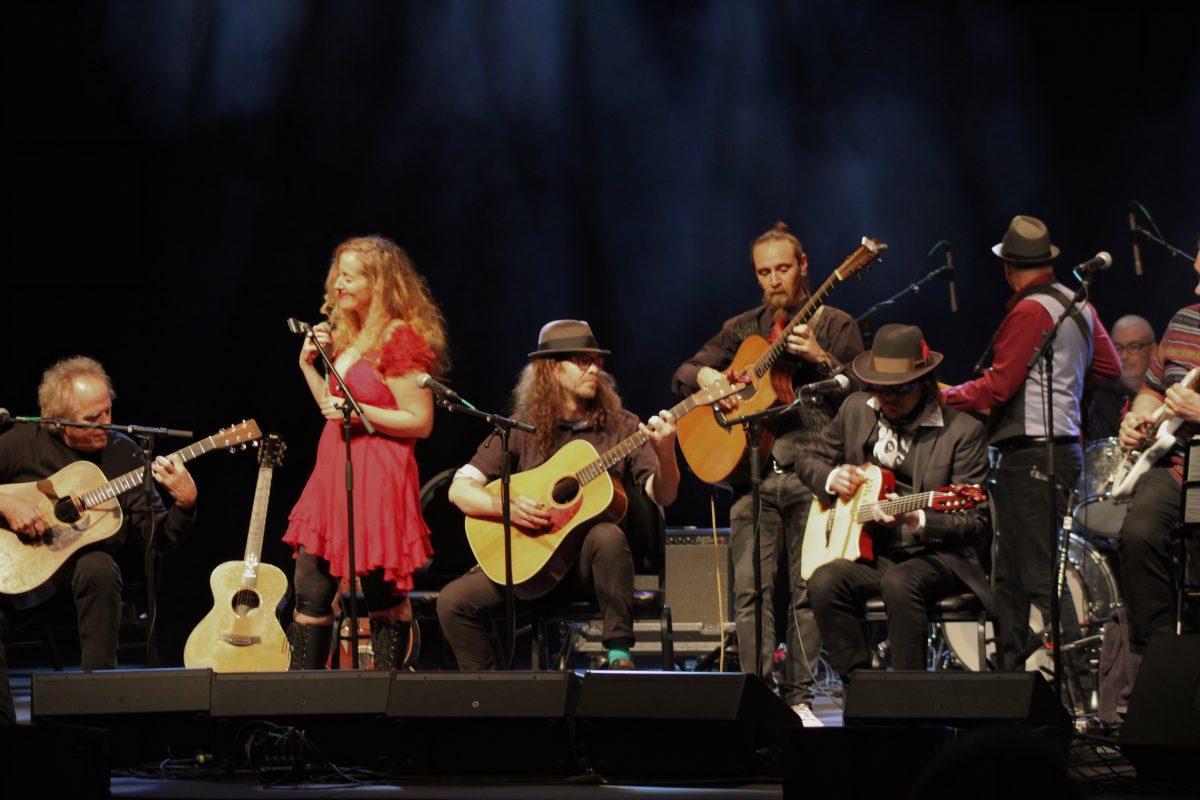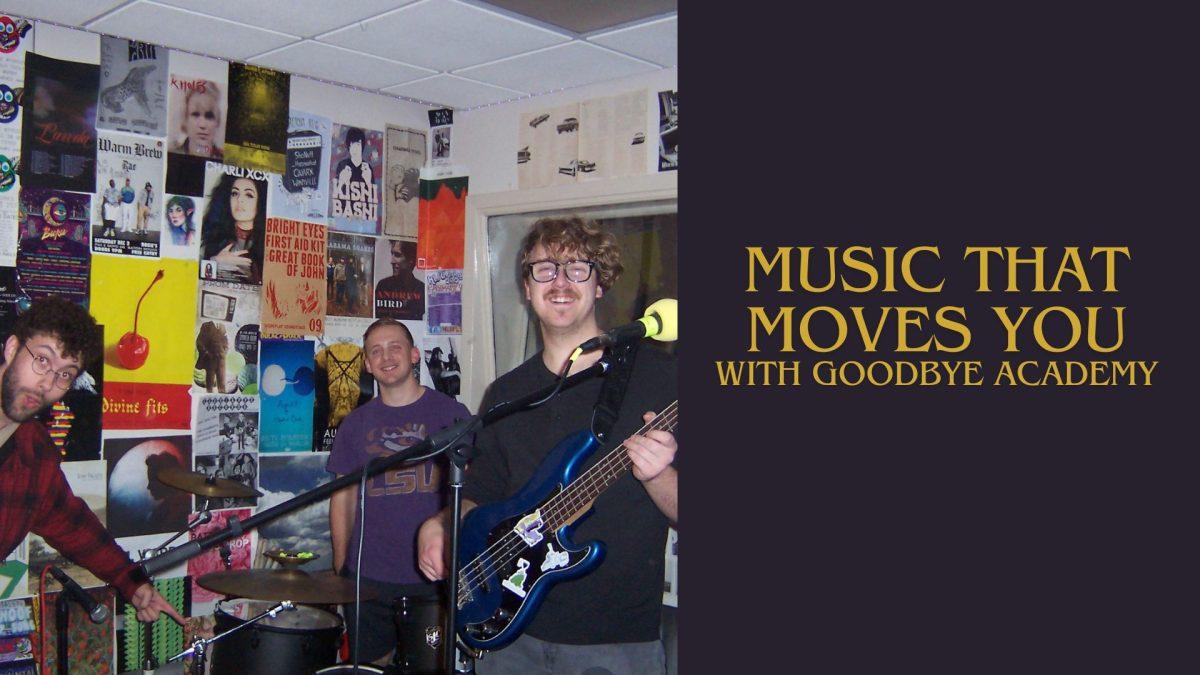Jireh Toussaint didn’t know he’d be planting the seed that would later grow into BR.adio when he hosted his first “BRunch” event in December 2019. He said that event, like any gathering of the network of creatives with whom he associates, felt like a family function. And, like many of the 22-year-old rapper and creative entrepreneur’s ideas, it started with a tweet.
After receiving a flood of support when he threw the idea into his Twitter feed, Toussaint booked the venue—The Parlor on St. Joseph Street—and bankrolled all the supplies: he hired the DJ, bought the food and, of course, secured the libations.
“I love how beautiful people make [events like the BRunch],” he said. “You can have such a simple … idea, but the people involved, they change it and take it to a completely different direction.”
Toussaint now looks back on that event, which at first was something of a lark, as the precursor to what would evolve into the tight-nit creative network and nonprofit organization that is BR.adio.
The organization is what’s known in the industry as a creative house, a go-between that directs up-and-coming creators toward resources that help them actualize their goals. Toussaint and his team of collaborators put their clients in touch with producers, audio engineers, videographers, graphic designers—anyone and everyone involved in the process of turning ideas and ambitions into finished projects.
BR.adio also functions as a promotional platform; it advertises recent projects—albums, artwork, videos, films— of collaborating partners through its various social media and hosts those partners for podcast-style interviews, which are both streamed live and recorded to be posted to the organization’s website. In fact, it was one of these interviews that was the first official installation of BR.adio, an Instagram Live session with director Maison Kwami.
But Toussaint also stressed the role of BR.adio as a vessel for the Baton Rouge community as a whole, not just for the arts.
The organization recently published an interview with Cam Jackson, owner of the open-air food court Millennial Park, which houses food, liquor and retail vendors in repurposed shipping containers. The video is part of the “Project Community” interview series, and in it Jackson speaks on the process of founding Millennial Park, his other business ventures, the significance of being a Black business owner in Baton Rouge and more.
“I wanted to kind of open people’s eyes to the fact that there was an actual scene, an actual community,” Toussaint said, referring to the Jackson interview. “Even though we don’t all do the same thing or have the same background academically or financially … we still are a very tight-knit community.”
And despite its wealth of content and robust social media presence, BR.adio is still a fledgling organization. Toussaint said the main hurdle preventing it from becoming the asset to the community he and his collaborators want it to be is a physical location. With that, they could—and plan to—provide in-house mastering and engineering for audio recording, studio space for visual artists, instructional after-school programs for youths; they could centralize the network of resources for which they currently function as a middleman.
But in order to do that, they’ll need some serious capital. And despite some frustrating and fruitless efforts to secure funding from both corporate sponsors and local government, the BR.adio team has no plans of slowing its hustle. It’ll continue plumbing its community for fresh voices and ideas and empowering its clients to create with purpose and direction, and though the folks at BR.adio can’t help but pine for the day they secure a building to properly house their operations, they’ve got plenty of work— plenty of new voices to amplify, new creations to promote— to keep them busy in the meantime.
An Inside Look at BR.adio with Founder Jireh Toussaint
April 19, 2021
BR.adio: “creation, connection, community”
Tags:
More to Discover











